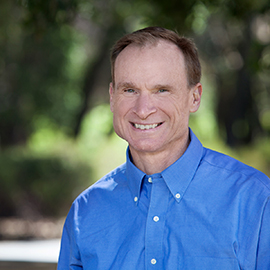
- pauloyer@stanford.edu
- Stanford GSB Faculty Profile
-
Graduate School of Business
Stanford University
655 Knight Way
Stanford, CA 94305-7298 USA
Paul Oyer studies the economics of organizations and human resource practices. His recent work has looked at the use of broad-based stock option plans, how firms use non-cash benefits, and how firms respond to limits on their ability to displace workers. Oyer’s currect projects include studies of how labor market conditions affect their entire careers when MBAs and PhD economists leave school, how firms identifiy and recruit workers in high-skill and competitive labor markets (with a focus on the markets for software engineers and newly minted lawyers), and, of most importance to his colleagues, how universities price and allocate parking spaces.
Paul Oyer is The Mary and Rankine Van Anda Entrepreneurial Professor and Professor of Economics at the Stanford Graduate School of Business. He is also a Research Associate with the National Bureau of Economic Research and the Editor-in-Chief of the Journal of Labor Economics.
Paul does research in the field of personnel economics. He has done several studies of how firms pay and provide incentives for their workers. He looked at how salespeople and executives react to incentive systems and why some firms use broad-based stock option programs. He has also done work on how firms have adjusted their human resource practices to increases in legal barriers to dismissing workers. Paul has recently studied how random events early in a person’s career can have long-term ramifications. This work focuses on MBAs (especially investment bankers) and on PhD economists. Recently, Paul has been studying the Gig Economy in using data from Uber and other companies and how people decide to become entrepreneurs and what makes their ventures successful.
Before moving to the GSB in 2000, Paul was on the faculty of the Kellogg School at Northwestern University. In his pre-academic life, he worked for the management consulting firm of Booz, Allen and Hamiliton, as well as for the high technology firms 3Com Corporation and ASK Computer Systems. He hold a BA in math and computer science from Middlebury College, an MBA from Yale University, and an MA and PhD in economics from Princeton University. When not teaching or doing research, Paul spends time with his wife, Kathryn Stoner, a Stanford Political Scientist, as well as his two grown children, his two step-children, and his two sweet but ill-behaved Retrievers.